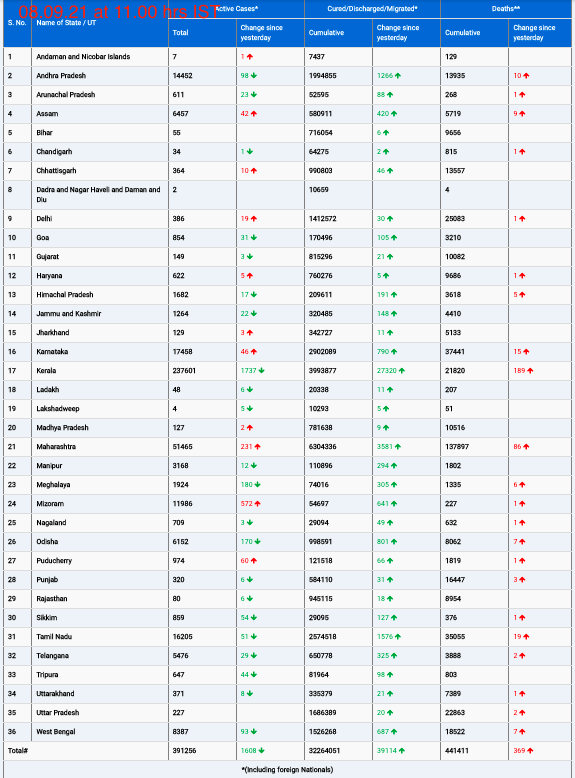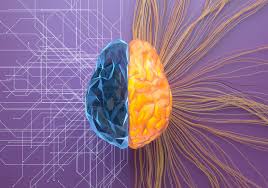Mumbai, Mar 28: As health consciousness rises across India, a wave of diet trends has swept the nation, promising rapid weight loss and improved well-being. However, health experts are now raising concerns about the potential adverse effects of some of these popular regimens. Three diet fads, in particular, are under scrutiny for their potential to harm health:
1. Extreme Intermittent Fasting (IF):
While intermittent fasting has garnered attention for its weight loss benefits, the extreme versions, involving prolonged fasts of 20 hours or more, are raising alarm. Experts warn that such restrictive practices can lead to significant nutritional deficiencies, persistent fatigue, and digestive problems. Furthermore, long-term adherence to extreme IF may disrupt hormonal balance, especially in women, and slow down metabolism.
2. Unsupervised Keto Diet:
The ketogenic diet, characterized by its high-fat, low-carbohydrate approach, has become a favored method for weight loss. However, many individuals in India are adopting this diet without proper medical supervision, leading to potential health complications. These complications include kidney strain, elevated cholesterol levels, and digestive issues. The exclusion of essential fiber-rich Indian staples, such as lentils and whole grains, can also negatively impact gut health.
3. Detox Juice Cleanses:
Detox juice cleanses, often marketed as a means to purify the body, are also facing criticism. Relying solely on fruit and vegetable juices for extended periods can deprive the body of crucial proteins and fats. Prolonged detox diets may result in muscle loss, blood sugar fluctuations, and a weakened immune system. Experts emphasize that the body naturally detoxifies through the liver and kidneys, rendering extreme juice cleanses unnecessary.
The Importance of Informed Dietary Choices:
While dietary modifications can be effective when implemented correctly, adopting extreme or unbalanced approaches can have detrimental long-term health consequences. Health professionals strongly advise consulting a qualified nutritionist or dietitian before making significant dietary changes. A balanced, personalized approach is crucial for sustainable health and well-being.
Disclaimer: This article provides general information and should not be considered medical advice. It is essential to consult with a qualified healthcare professional or registered dietitian before making any changes to your diet, especially if you have existing health conditions. Individual results may vary.(https://www.daijiworld.com/news/newsDisplay?newsID=1276044)












